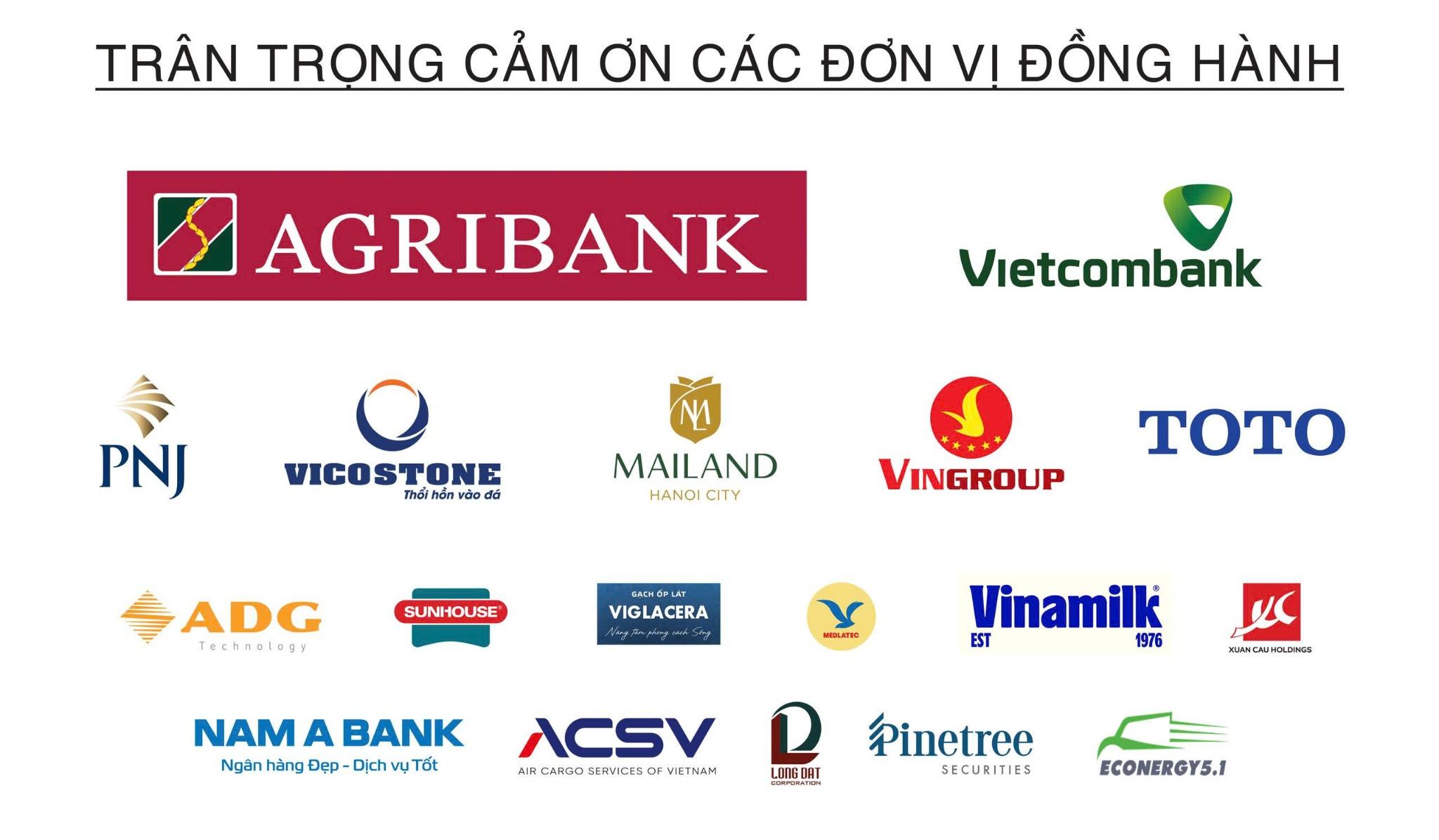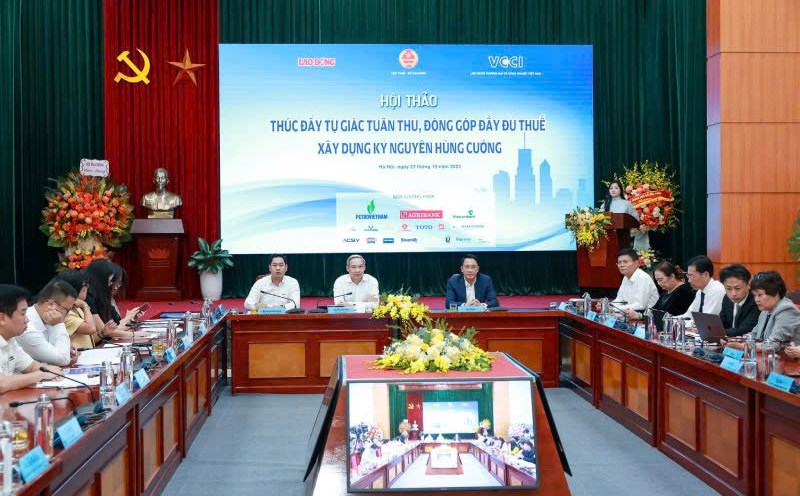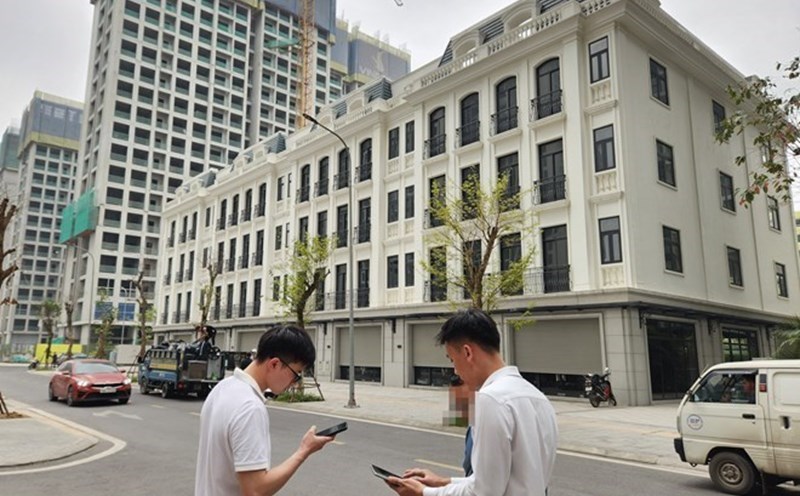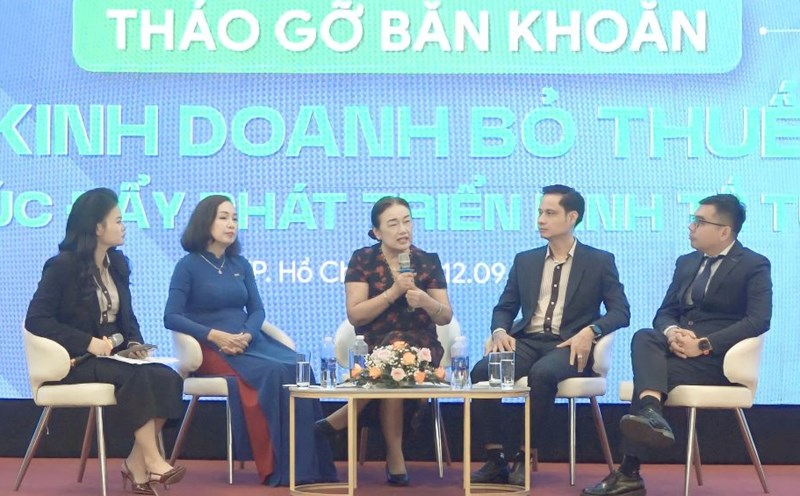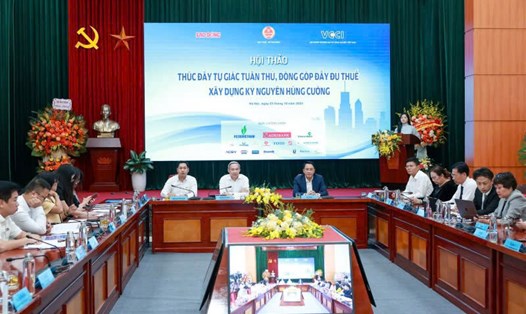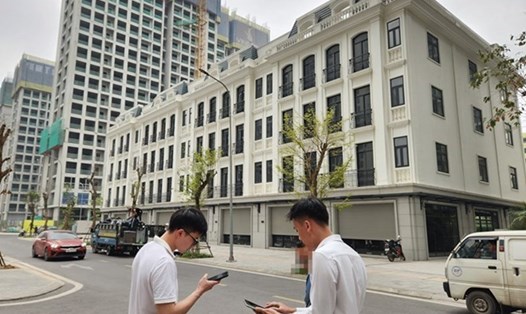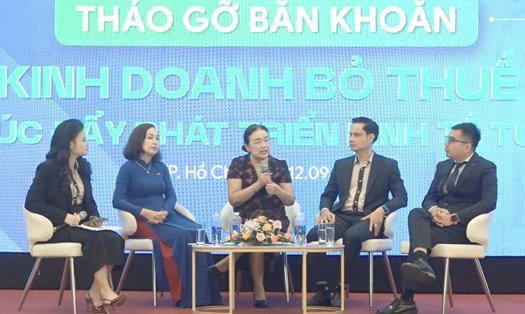I would like to start the discussion with a very personal story. Last year, before a trip abroad, I was really worried that I might be banned from leaving the country. The reason is not that I am a businessman with complicated transactions, but simply because I am not sure whether I accidentally owe a certain personal income tax or not. I don't know exactly to what extent I owe taxes and will be subject to such a strong measure.
My concern is not unique. There have been business households that have to temporarily close just because of unverified rumors, for example, the tax authority will collect from total personal account transactions.
Those stories show a big gap between policies and citizens' emotions. Although the tax system has made many improvements, the general awareness still has barriers: taxes are considered a "burden", the system is "complex", and the communication message is "dried up", one way or another.
It is worth mentioning that we have a huge advantage: that is the people's trust. According to a 2021 survey by YouGov, the rate of Vietnamese people's trust in the Government is much higher than the world average. This is a valuable social capital that the tax sector needs to take advantage of.
A friend of mine, a small business owner, shared that recent tax reforms have really helped him " breathe easier". His business no longer has to be annoyed when partners request different invoices, no longer taking time for details. Especially after the recent tax inspection, seeing that businesses have implemented well, tax officials are also very comfortable with them in the following inspections.
He was right. Un beloved numbers. In 2024, the amount of tax refunds for businesses exceeded 150 trillion VND. The automatic personal income tax refund system has been deployed, many people have received their money back after just a few days. The tax administrative procedure has been streamlined to 219 procedures, and more than 61% of them can be performed completely online.
These are extremely positive movements, but are stories that are less told. This year, when I tried to find new numbers, the information was almost absent from the media.
This is my core argument: We cannot build a sustainable tax compliance spirit just by law and sanctions. The foundation must be trust and understanding. People are willing to contribute when they believe that their money is used for the right purpose and fairly.
Therefore, we need a public communication strategy to shift from "complaining" to "accompanying".
To realize this goal, our communication strategy needs to be built on a completely new philosophy: shifting from "commanding" to "accompanying", from "enforcing" to "encouraging". I would like to propose an overall strategy of six main pillars:
The first pillar: Storytelling - Turning taxes into stories with people.
Instead of dry slogans, we must tell real-life stories that touch the heart. Let's show people where a new road is built in their homeland, how a hospital in the highlands that saves people every day is operated thanks to a stable source of income, or how a small business has grown up thanks to a timely tax refund policy.
In particular, people need to have a quick, direct link about the relationship between the tax they pay and the benefits they receive. I give an example of the gift of 100,000 VND to each person on the occasion of National Day. The quick and effective disbursement to more than 100 million people is the most vivid proof that the budget money is spent in the right place, with the right people. Or the support for people affected by natural disasters and floods also needs to be implemented thoroughly and promptly. At that time, taxpayers will see themselves as the main character in the development process of the country, not an outsider.
The message to the people therefore also needs to arouse self-awareness, pride, and touch the affection of citizens. Instead of " Pay taxes on time", "Tax today - schools for tomorrow" - or any more specific message.
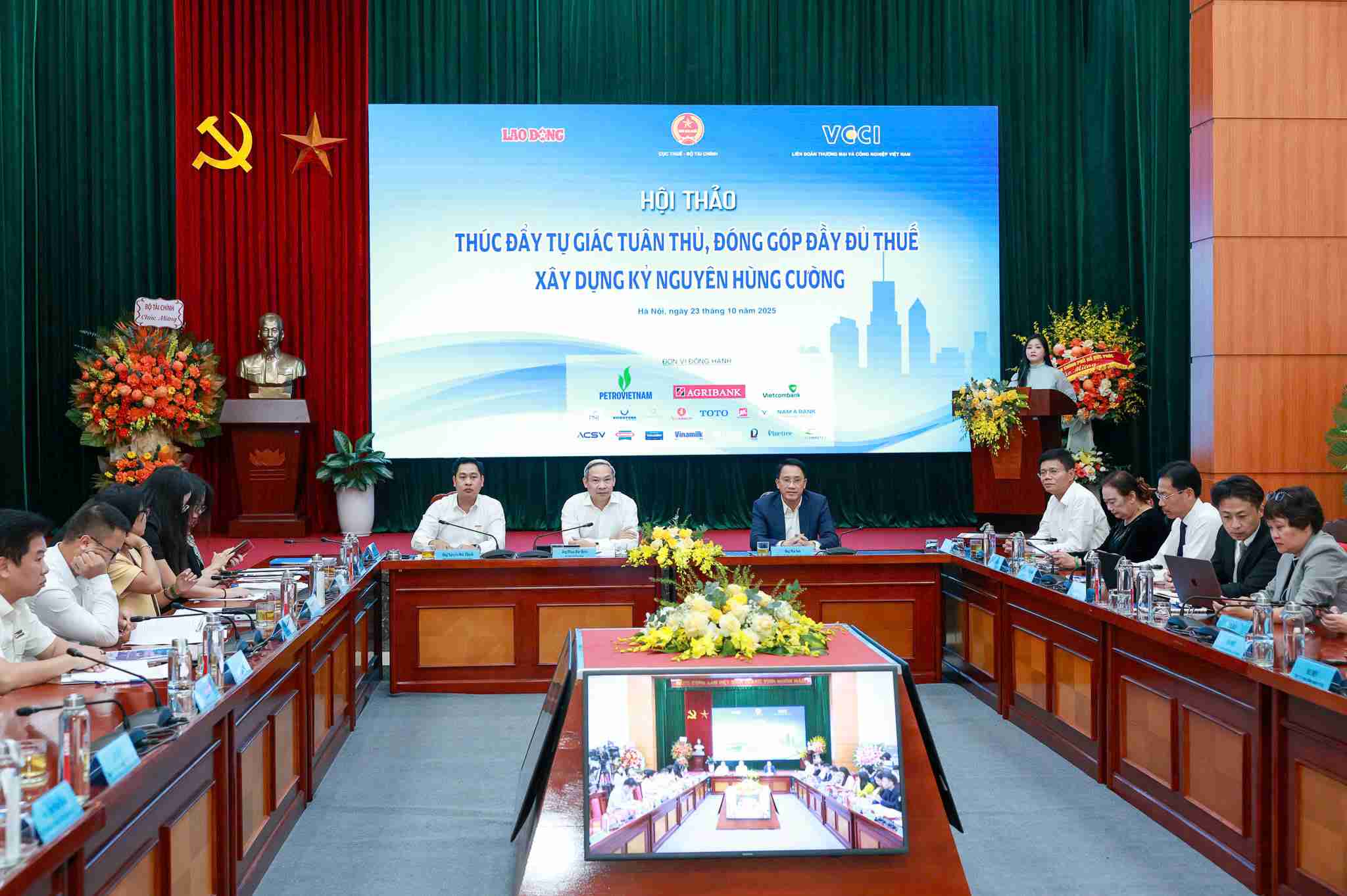
Second pillar: Behavioral Communication - Instead of forcing, "slight down" behavior.
Psychology has proven that a gentle breath is often more effective than a rigid order. We can send personalized notices such as: "85% of people in the same area with you have completed the declaration, you only have 3 days left." The pressure from this social standard is a very strong motivation.
personalized message is something that many applications have done, based on the data of each customer group, each specific scenario is set up. This message helps the message of the tax authority to the people become more friendly, less rigid and easier to feel.
Design a more friendly tax gateway interface, with pre-determined active options such as "agree to receive tax reminders" to reduce decision-making steps for people. Every electronic application needs simplicity to minimize barriers to users.
Third pillar: Applying "Gamification" techniques - Turning obligations into winning experiences.
This is a breakthrough direction to address the psychological barrier of complexity. Create a safe testing space where people can "play" with tax declaration through mini quizs or simulation applications without risks. When they have completed the step, give them badges such as "Smart Taxpayers".
I think won in these games can create a positive spillover effect, when people share their achievements through social networks. This not only helps people realize that taxes are not too complicated, but more importantly, "they are truly smart".
Conquering complexity in a safe environment will bring a sense of control and victory, an extremely strong psychological motivation for them to confidently enter the real process.
Final pillar: Combining data and technology as a foundation.
All of the above will not work without technology. Tax authorities need to apply AI and analyze data to classify subjects - from small businesses, freelancers, to business households - to send the most appropriate messages. Build friendly consulting chatbots, operating 24/7 to answer questions immediately, reducing pressure and waiting for people.
These 4 pillars together create a comprehensive strategy, taking people as the center, to rebuild the social future on the foundation of understanding and trust.
I would like to repeat once again, our tax sector has gone quite a long way on the reform path, closer to each citizen and each enterprise.
These are real reforms. But the tax industry has not taken advantage of that bright spot to talk about its efforts, it is rarely told as a success story. Behind the figures on the amount of tax refunded, the time of tax refund, or the reduction of tax procedures, I know that there are people, tax officials in Hanoi, Da Nang, Can Tho... who have worked until late in the settlement season, opening mobile support tables in industrial parks to help businesses complete declarations.
They don't go on TV, don't speak, just keep the system running smoothly. It is that silence that creates the true quality of citizen trust, which cannot be replaced by any slogan.
If the tax sector can tell such stories in sincerity and transparency, I believe that people will see more clearly: Taxation is not only an obligation, but also a persistent effort of tens of thousands of people who are silently keeping the national budget operating every day.
